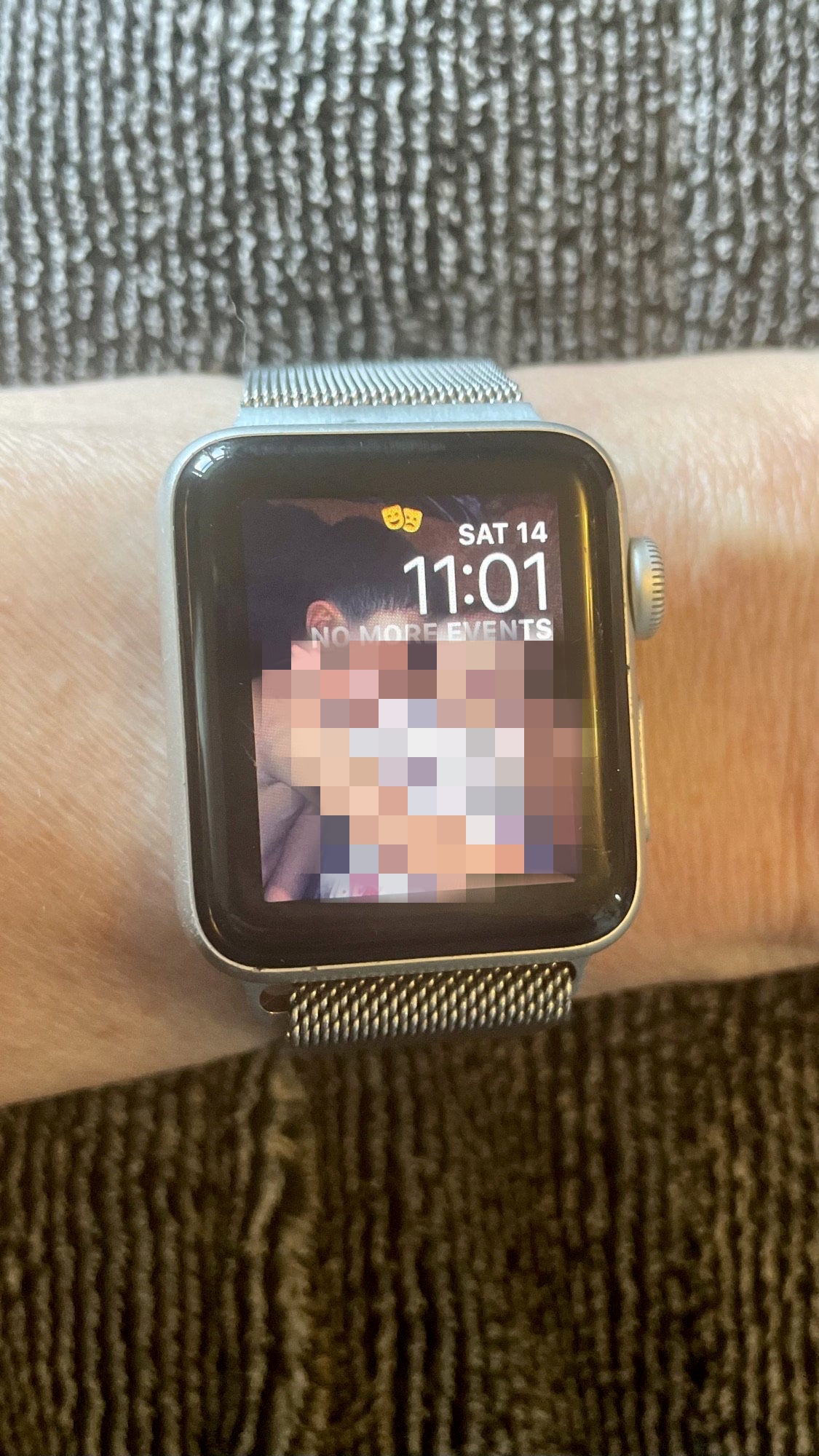
A woman claims her Apple Watch saved her life after it alerted her to a unknown heart condition.
Elaine Thompson, 59, went to see a doctor when the device told her she had an irregular rhythm.
This led to her being given a heart monitor for a week, which flagged up she flatlined for 19 seconds in her sleep.
Elaine, from Gateshead, was then rushed to hospital where she was diagnosed with a heart block.
She now has a pacemaker and credits her Apple Watch with first alerting her that something was up.
Elaine said: “It saved my life. If I hadn’t had the alert I wouldn’t have brought it up with the doctor. Now I wear the Apple Watch all the time.
“It was so scary knowing I could have died. I flatlined for 19 seconds. I might not have woken up.”
Elaine underwent treatment for epilepsy after she started suffering seizures in April 2018.
She was taken to the Queen Elizabeth Hospital in Gateshead but tests didn’t reveal anything wrong with her.
But Elaine continued to collapse, so was put on a medication in a bid to stop her episodes.
In February 2022, her daughter Ashleigh Thompson, 39, suggested she should wear an Apple Watch as a monitor.
Elaine said: “When I woke up one day there was a red alert. It advised to see a doctor so I did and showed them the results the watch had recorded.”

Tests still came back as normal, but the mother-of-two was put on a waiting list for a heart monitor.
She had to wait until November before she was finally fitted with one, and learned the results in January 2023.
Elaine said: “My daughter rang me and told me I needed to go in to hospital urgently and the doctors were trying to get hold of me.
“I went in and they told me that my results showed I’d flatlined for 19 seconds.
“They told me it was an electrical fault with my heart and that I needed to be fitted with a pacemaker.
“I had it done the next day and now I have it for life. But it’s a relief I went to get it looked at, otherwise I might be dead.”
Elaine was diagnosed with an atrioventricular block, a heart blockage where the heart beats more slowly or with an abnormal rhythm.
The condition is graded according to severity according to the NHS website, with the most serious sometimes categorised as a medical emergency.







